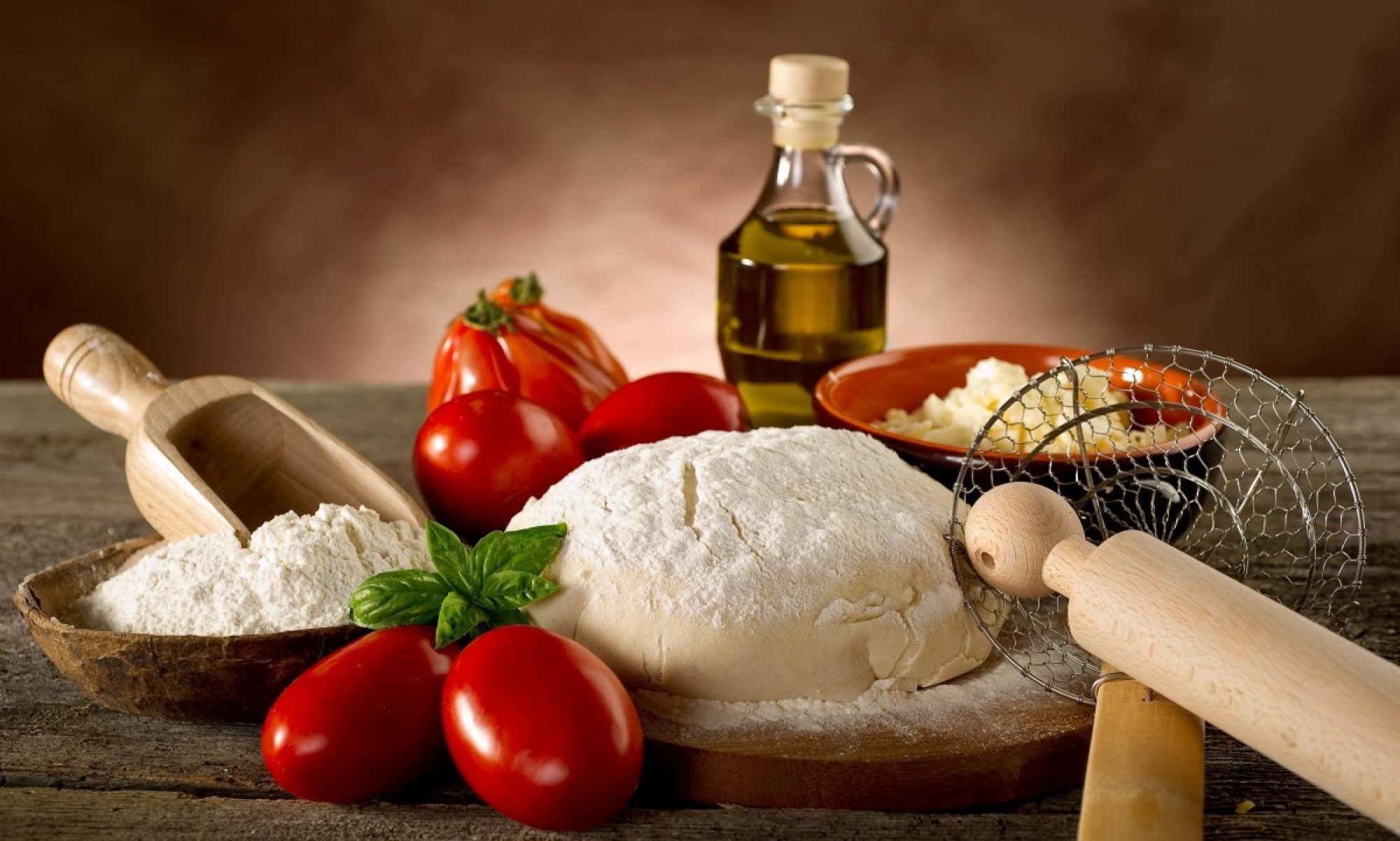Olivia Diaz Gilbert
Sopa de Fideo
the home was not a place for pasta
mami’s celiac had banished it
the smallest morsel of that magic ingredient
gluten
shredded her insides
like swallowing steel wool
and left her crippled for days
Mexicans do not eat noodles anyway
she told me
though it was not the whole truth
one noodle dish was prepared
in the Chicano barrio of her ancestors
shining red-orange under the desert sun
sopa de fideo
noodle soup
to me it was unimpressive
just thin and tasteless noodles
like bits of straw
suspended in tomato infused chicken broth
no thick, eggy pasta
no garlic to warm the breath
no oil to make the noodles slippy and smooth
instead it was simple
basic
boring soup
the only good thing about it
were the family members who made it for me
my Nana would say
¿Quieres sopa?
and I would reply
I guess
I dreamed of the pasta of the Italians
the kind I could roll up on my fork
for a mouthful of rich flavor
every birthday was Italian
any time I could choose a restaurant it was
Filippo’s
The Fat Lady
or best of all
The Stinking Rose
where the pleasant stench of garlic
would follow you for days after
those were real noodles
now years have passed
there is no pasta in my house
when I eat it
it moves through me
like swallowing a jagged rock
I try alternatives
brown rice noodles
chick pea noodles
quinoa noodles
and none of it is comparable
none of it supple yet firm
mild yet flavorful
like the wheat flour pasta that I long for
and to my surprise
it is not the Italian pasta I craved as a child
that I miss the most
the dish of my ancestors
is what lingers in my mind instead
all I want
is one more bowl of
sopa de fideo
For my creative writing piece, I chose to imitate the style of Jennifer Barone’s Saporoso poems. When completing this week’s readings, I was impressed by Barone’s ability to tell a rich narrative through a relatively short, choppy poem. Her poems tell stories of food, her childhood, and Italian-American culture. I was particularly engaged by the poem “where food comes from.” Barone’s stories of food and living in Brooklyn are representative of the tenants of Italian food culture we discussed in class; authenticity, family, and love. The emotion and detail she packed into this poem inspired me to write my own noodle narrative in her style.
At first, I had some trouble thinking of material for the subject of my poem; unfortunately, I am not able to eat very many noodles, and my mother’s words about Mexicans not eating noodles are mostly true. However, after thinking intently on my childhood I remembered the sopa de fideo. I had almost forgotten about it because I usually try not to dwell on food I can’t eat, so as to not torture myself. While writing this poem brought feelings of sadness and longing for my favorite foods that my digestive system no longer tolerates, it also brought back many fond memories of my childhood, my mother’s hometown, and my family. I have so many emotions and memories tied to a noodle dish that I had almost forgotten. My poem illuminated the true purpose of sopa de fideo to me. Unlike much Mexican food, known for its vibrant flavors and spice, sopa de fideo is meant to be simple. It is a true comfort food for me and many others; if you are sick or just feeling down, it warms the body and soul. When my Nana offered me soup, she was really offering me comfort and care.
Writing my poem, and uncovering a deep emotional connection to the subject, gave me insight into how Barone feels writing, reading, and publishing her own poetry. She writes about her own experiences and deep and personal memories connected to food. As observed in other stories and discussions about Italian culture, food and love are so intertwined that when Barone writes about food, she essentially writes about love. Her poems are deeper than just pasta, each is a piece of “cultural DNA” that contain the love and pride she has for her culture and heritage, and which took great amounts of emotion and reflection to put into words. Imitating Barone’s style brought me closer to my own culture and helped me better understand her poems and culture.
Citations:
Barone, Jennifer. Saporoso: Poems of Italian Food and Love. San Francisco: Feather Press. 2017.
